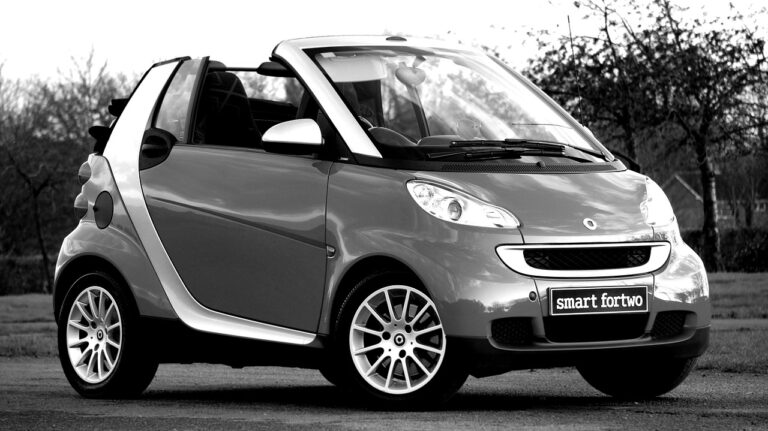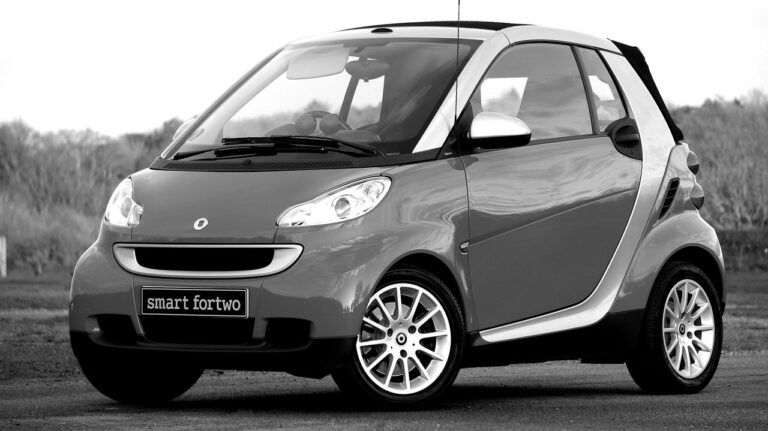Automotive Design Trends: What’s New in 2024
The rise of electric vehicles (EVs) cannot be ignored, as they continue to gain momentum in the automotive industry. With advancements in technology and growing environmental concerns, more and more consumers are choosing electric vehicles over traditional gasoline-powered cars. This shift is not only driven by a desire to reduce carbon emissions but also by the impressive performance and efficiency that electric vehicles offer.
Major automakers are heavily investing in the development of electric vehicles, introducing new models with improved range and faster charging capabilities. As more charging infrastructure is being implemented worldwide, the convenience of owning an electric vehicle is becoming increasingly appealing. With the global push towards sustainability, it is clear that electric vehicles are on track to revolutionize the way we drive and pave the way for a greener future.
Innovations in Interior Design
The world of interior design is constantly evolving, with innovative trends shaping the way we view and interact with our living spaces. From multifunctional furniture to smart technology integration, designers are prioritizing both style and functionality to create spaces that cater to the needs of modern living.
One notable trend in interior design is the increasing use of sustainable and eco-friendly materials. Designers are opting for materials like bamboo, reclaimed wood, and recycled plastics to reduce the environmental impact of their designs. This shift towards sustainable materials not only benefits the planet but also adds a unique and natural element to interior spaces.
Sustainable Materials and Manufacturing Processes
Many industries are now realizing the importance of adopting sustainable materials and manufacturing processes in their production. This shift towards eco-friendly practices not only helps in reducing environmental impact but also enhances the overall reputation of the company in the eyes of consumers.
Incorporating sustainable materials like recycled plastics, organic textiles, and reclaimed wood not only minimizes the use of virgin resources but also helps in reducing carbon footprint. Additionally, adopting energy-efficient manufacturing processes and implementing waste reduction strategies further contribute to a more environmentally conscious approach in the production of goods.





